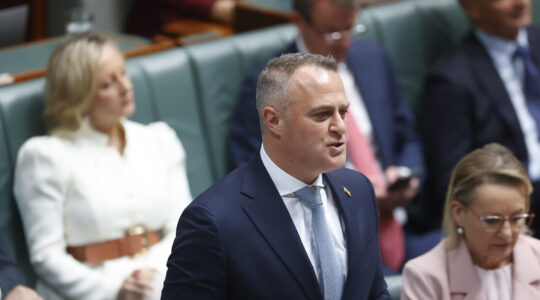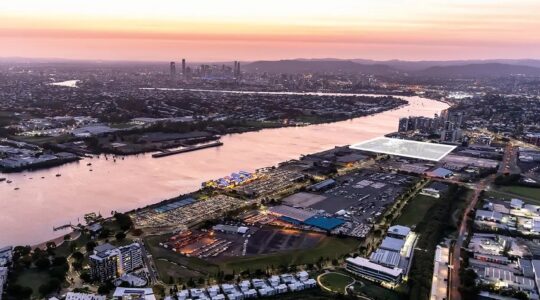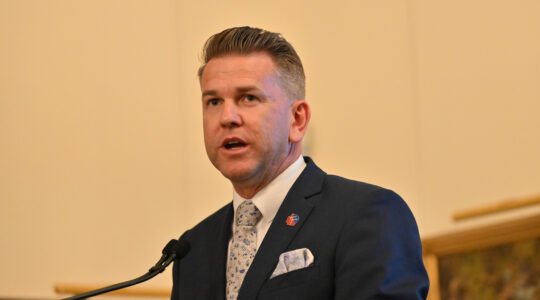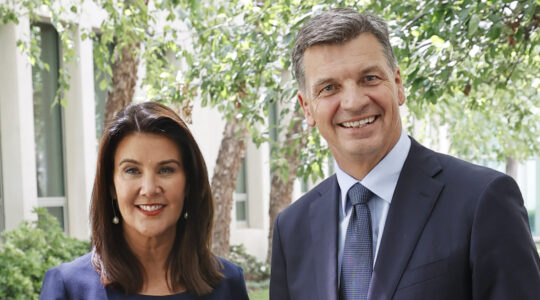Australia needs a Future Generations Commissioner to drive long-term policy decisions, as the country lags in a number of key metrics.
Modelling undertaken by the Monash Sustainable Development Institute (MSDI) found bold policy shifts were needed to get Australia’s falling social, economic and environmental wellbeing back on track.
MSDI Senior Research Fellow and Transforming Australia lead researcher Cameron Allen said ambitious action and additional government investment across the next decade was needed.
Dr Allen said the modelling showed a lack of action now would leave the nation with persistent poverty, income inequality and further biodiversity decline.
He said the new modelling was detailed in a report which tracked the nation’s progress towards 17 UN Sustainable Development Goals (SDG), which Australia and other nations adopted in 2015 to improve social, economic and environmental wellbeing.
“Across the 80 indicators assessed, the report found progress has stalled or is going backwards on more than half, and Australia is lagging behind other OECD nations.”
Dr Allen said to reach more than 80 percent of progress towards the goals by 2030, the modelling recommended incorporating targets into national policy frameworks and reporting.
“It also urges the government to establish mechanisms to encourage long-term policymaking, such as appointing a Future Generations Commissioner.”
He said the report found around 3.3 million Australians, or 12.7 percent of the population, were living below the poverty line, worse than the OECD average of 12.1 percent and close to 13 percent of Australians experience food insecurity, compared to only 8.5 percent in Europe and North America.
“Our modelling shows that with increased ambition Australia can halve poverty and reduce income inequality by a third, boost health, education and productivity, improve biodiversity, and deliver net zero greenhouse gas emissions by 2050,” Dr Allen said.
“Without increased investment over the medium-term in key areas such as education and health, disaster resilience, sustainable food, energy and urban systems, and the natural environment, our future prosperity is projected to stagnate and decline, with GDP around $300bn lower by 2050.”
Read the full report: Transforming Australia SDG Progress Report 2024.








